Scientists control atomically thin semiconductors using ultrashort pulses of terahertz light.
Discover how ultrashort terahertz light pulses can control semiconductors, leading to faster electronic components.
Scientists control atomically thin semiconductors using ultrashort pulses of terahertz light.
Discover how ultrashort terahertz light pulses can control semiconductors, leading to faster electronic components.

A team of researchers, led by Raúl Jiménez, an ICREA scientist at the University of Barcelona’s Institute of Cosmos Sciences (ICCUB), and working in partnership with the University of Padua (Italy), has introduced a groundbreaking new theory about how the Universe began.
Published in Physical Review Research, their study offers a major shift in how scientists understand the earliest moments following the Big Bang.
The Big Bang is the leading cosmological model explaining how the universe as we know it began approximately 13.8 billion years ago.
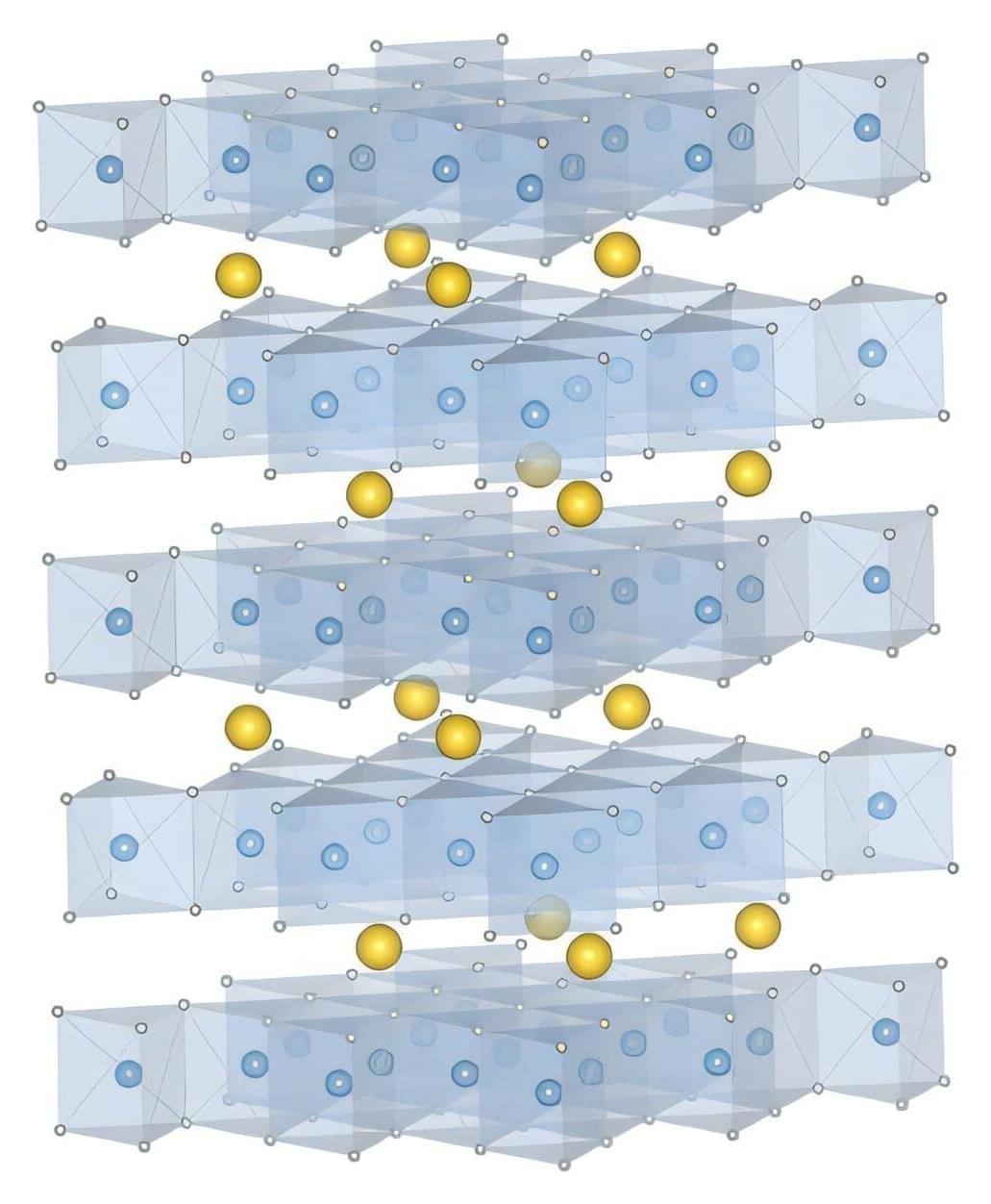
RIKEN physicists have found a magnetic material that converts heat into electricity with high efficiency, making it promising for use in energy-harvesting devices. The work is published in the journal Nature Communications.
Photos you take on your smartphone are saved as a series of zeros and ones in a ferromagnetic material —magnetic materials that resemble iron in that their magnetic moments all point in the same direction.
Ferromagnets are easy to manipulate, making it easy to save data. However, because their magnetic moments are all aligned, they generate strong magnetic fields, and so it is not possible to cram a lot of them into a small space.

Most cosmologists agree that our universe had a beginning. But the finer details about the Big Bang remain a mystery. A history of everything would explain all, or so theoretical physicists hoped. In his final years, Stephen Hawking working with Thomas Hertog proposed a striking idea: The laws of physics were not precisely determined before the Big Bang; they evolved as the universe evolved.
In this episode of The Joy of Why, Hertog speaks with co-host Janna Levin about his work and partnership with Hawking. Hertog, now at KU Leuven in Belgium, explains why they rejected the popular multiverse theory and instead explored the idea that the universe’s properties are a result of cosmological natural selection. According to Hertog and Hawking, these properties must be viewed through the lens of human observers, who are also the consequence of natural selection.
So, how could the universe have created the conditions needed for life to emerge? Listen to the episode below to find out.
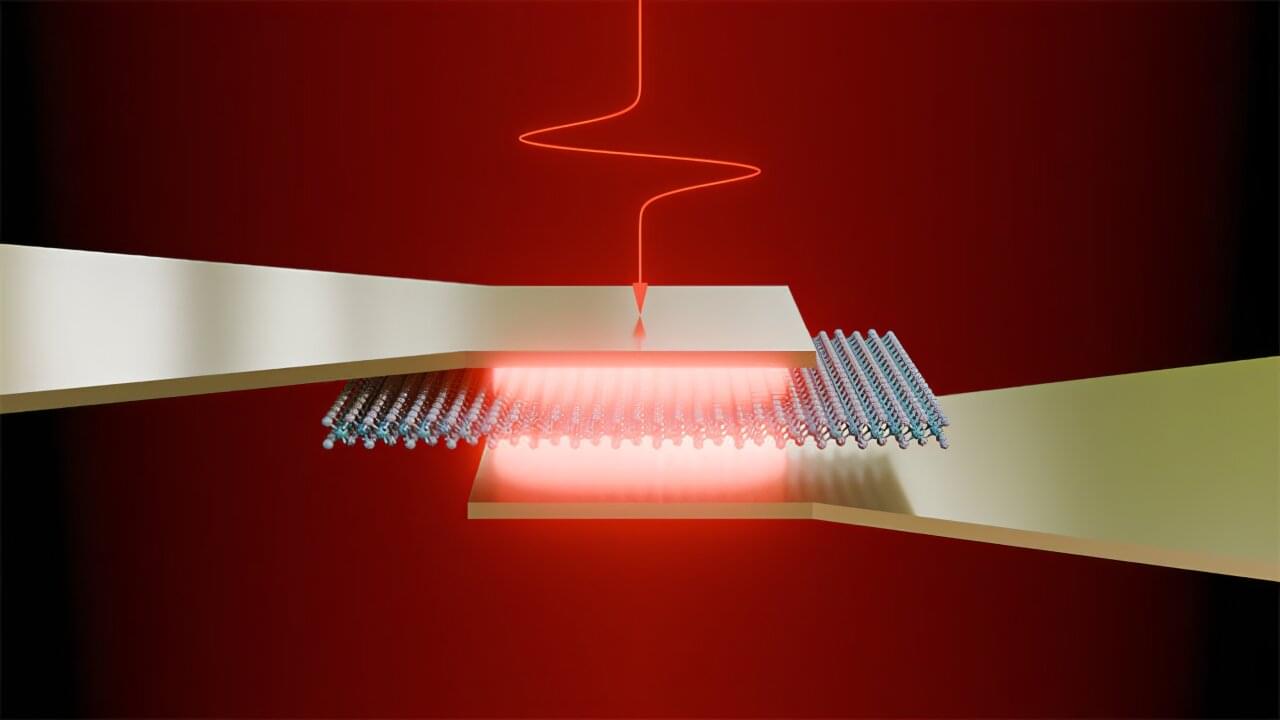
Physicists at Bielefeld University and the Leibniz Institute for Solid State and Materials Research Dresden (IFW Dresden) have developed a method to control atomically thin semiconductors using ultrashort light pulses. The study, published in Nature Communications, could pave the way for components that are controlled at unprecedented speeds directly by light—ushering in a new generation of optoelectronic devices.
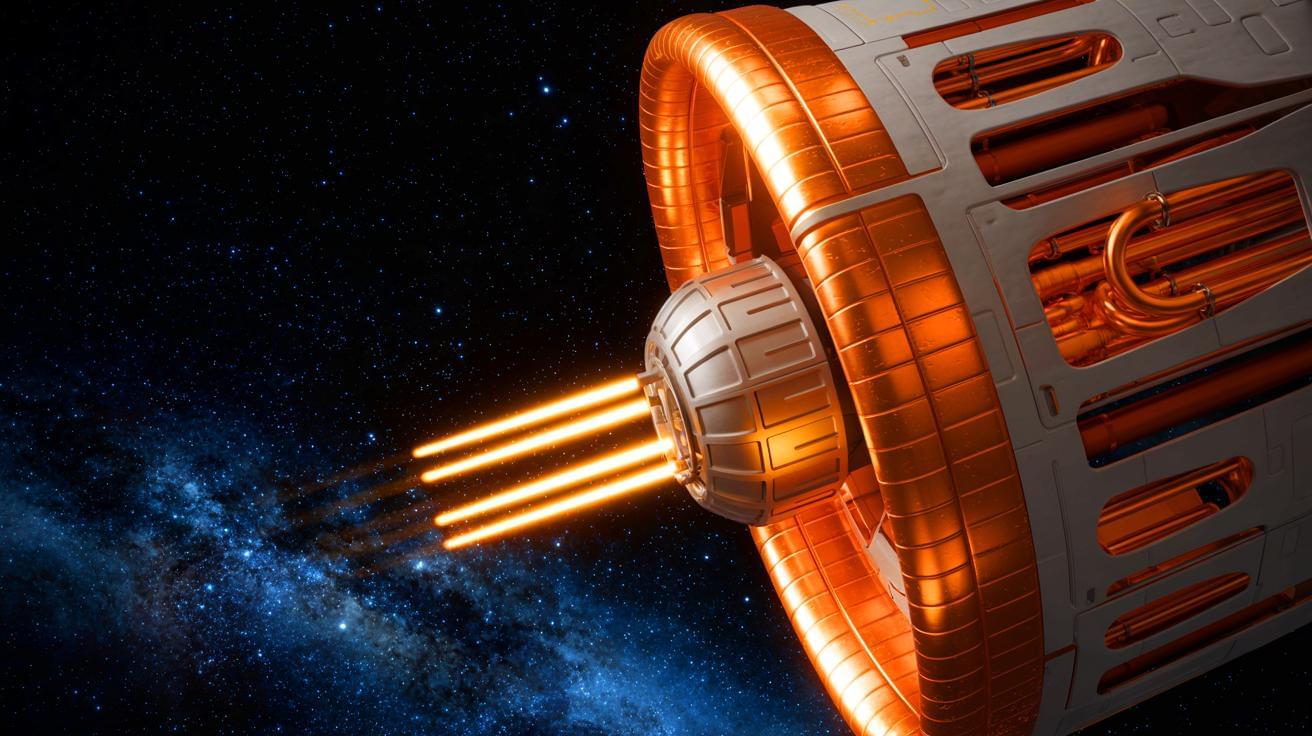
IN A NUTSHELL 🚀 The new copper-based alloy developed in Japan maintains its properties in extreme cold, offering breakthroughs in space exploration and hydrogen technology. 🔧 This alloy showcases a unique shape memory effect at temperatures as low as −328 °F, surpassing traditional materials like nickel-titanium. 🌌 Applications include high-performance actuators for space telescopes and.
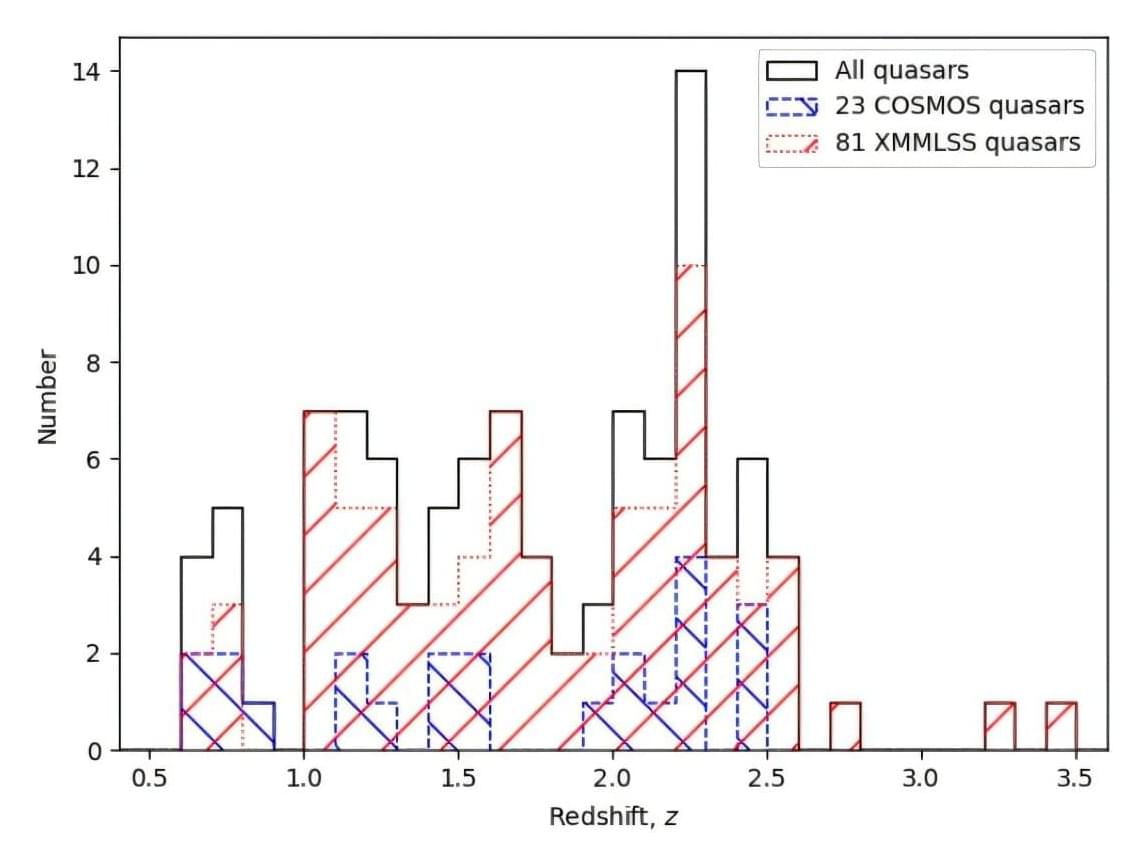
A team of astronomers from Rhodes University and elsewhere have investigated a sample of 104 quasars detected with the MeerKAT International GHz Tiered Extragalactic Exploration (MIGHTEE) survey. The new study, published July 16 on the pre-print server arXiv, could help us advance our knowledge about quasars and their properties.
Quasars, or quasi-stellar objects (QSOs), are among the brightest and most distant objects in the known universe, and serve as fundamental tools for numerous studies in astrophysics as well as cosmology.
In general, they are active galactic nuclei (AGN) of very high luminosity, emitting electromagnetic radiation observable in radio, infrared, visible, ultraviolet and X-ray wavelengths.
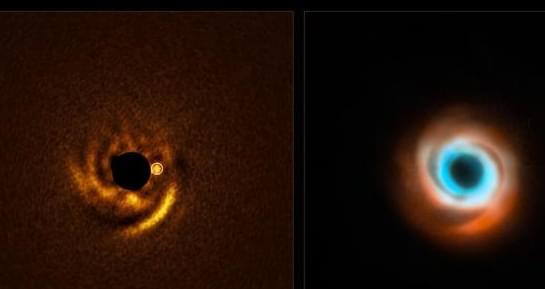
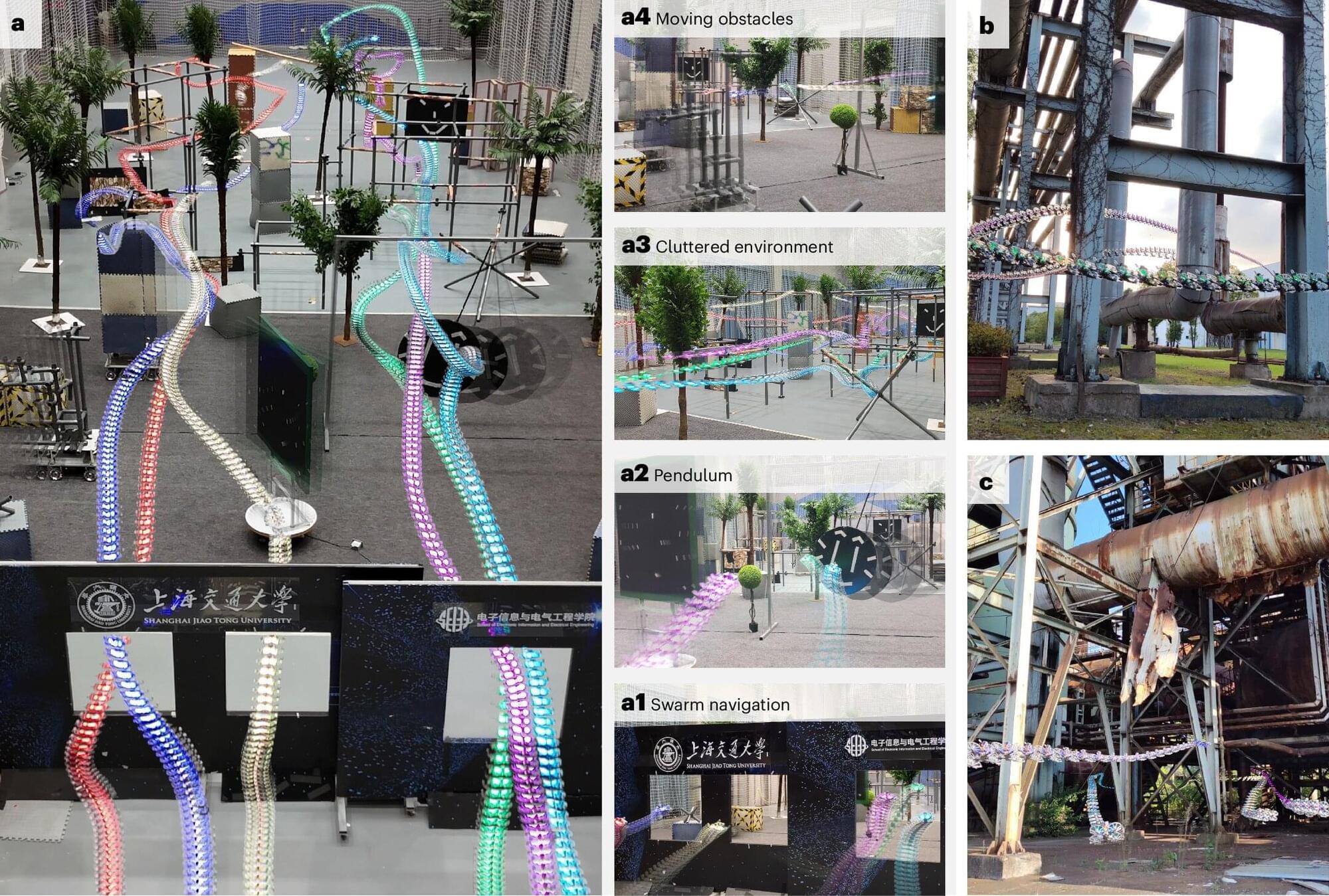
Unmanned aerial vehicles (UAVs), commonly known as drones, are now widely used worldwide to tackle various real-world tasks, including filming videos for various purposes, monitoring crops or other environments from above, assessing disaster zones, and conducting military operations. Despite their widespread use, most existing drones either need to be fully or partly operated by human agents.
In addition, many drones are unable to navigate cluttered, crowded or unknown environments without colliding with nearby objects. Those that can navigate these environments typically rely on expensive or bulky components, such as advanced sensors, graphics processing units (GPUs) or wireless communication systems.
Researchers at Shanghai Jiao Tong University have recently introduced a new insect-inspired approach that could enable teams of multiple drones to autonomously navigate complex environments while moving at high speed. Their proposed approach, introduced in a paper published in Nature Machine Intelligence, relies on both a deep learning algorithm and core physics principles.
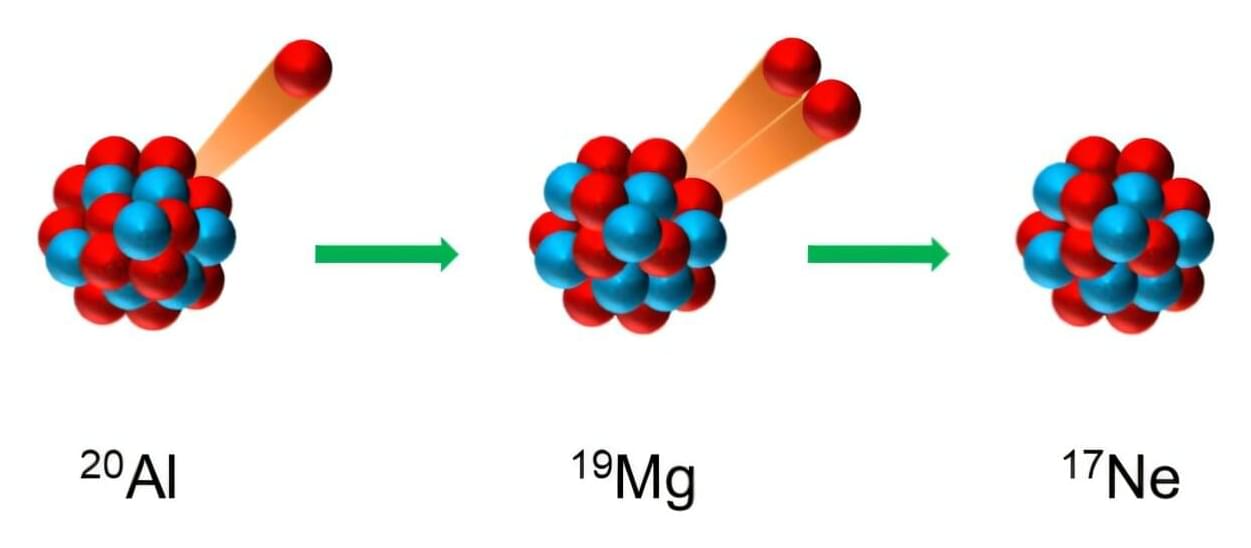
Radioactive decay is a fundamental process in nature by which an unstable atomic nucleus loses energy by radiation. Studying nuclear decay modes is crucial for understanding properties of atomic nuclei. In particular, exotic decay modes like proton emission provide essential spectroscopic tools for probing the structure of nuclei far from the valley of stability—the region containing stable nuclei on the nuclear chart.